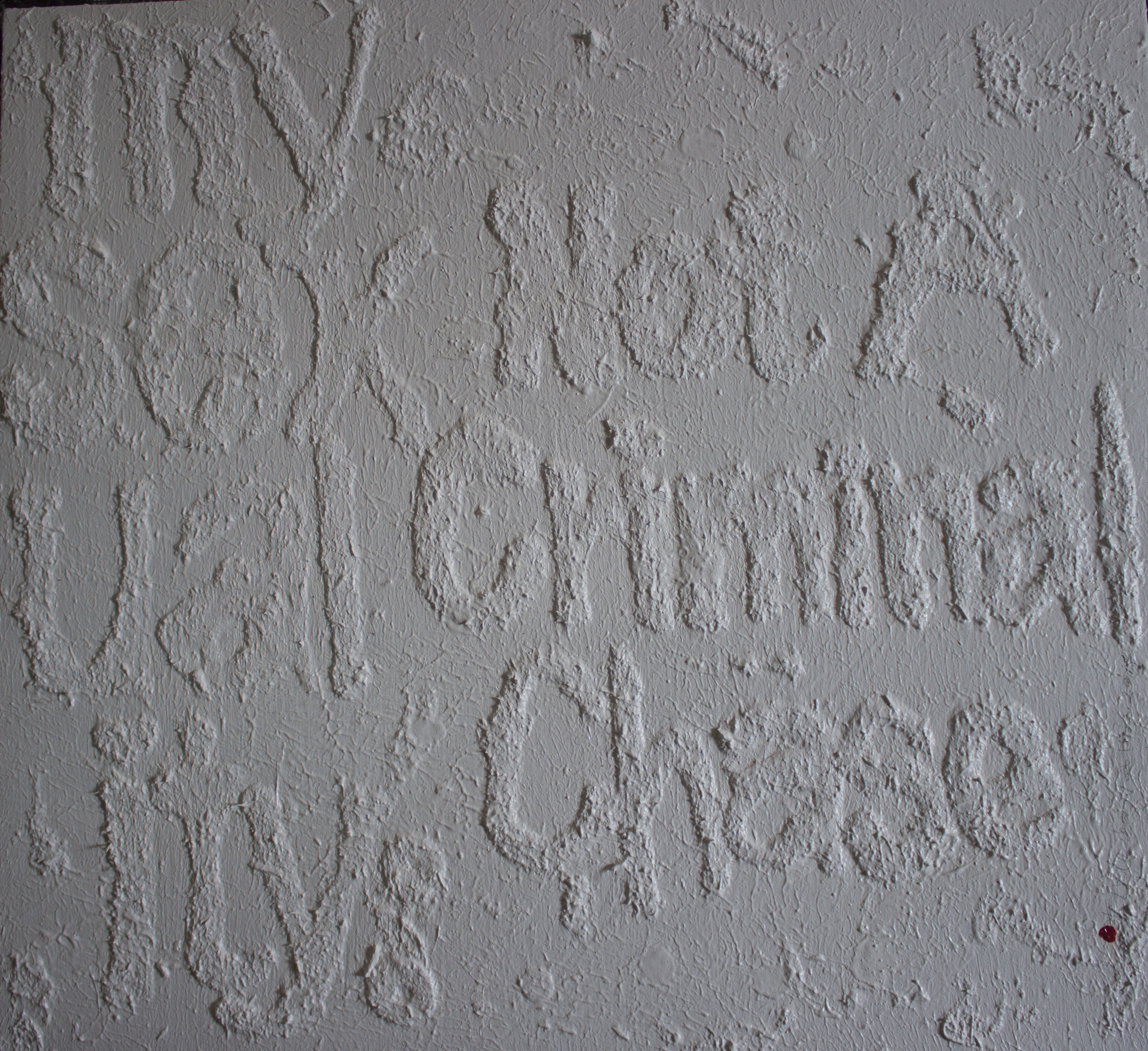
What does it mean to be human in Africa today? In what ways can queer Africans make claims about being human? Much about queer African scholarship is about the tensions between human and non-human; who is legitimized by the state and other forces, and who isn’t; under what conditions does one exist, move, and thrive. What is often missed are the nuances of the different forms that these tensions produce, what cements the fragile intimate relations, and what exists beyond queer African negation. Moving between Kenya, Ghana, South Africa, Senegal and the African diaspora, this course invites a reading through the cracks of the dis/continuities of colonial and postcolonial formations of queer beings in Africa. From Fanon, Senghor and other key figures, the course navigates through rich texts and films to problematize the present and the past in the quest for black queer potentialities and futures.
Remark on participation and assessment
A credit for the course is obtained through the following:
• a critical reading of all texts suggested (15%),
• regular attendance (15%),
• contributions to class discussions (15%),
• writing two reflective pieces (15%),
• presenting on one session (20%); and
• a term paper (20%)
Who can take the course?
Students interested African Studies, African American Studies, Cultural Studies, Gender Studies and Queer Studies